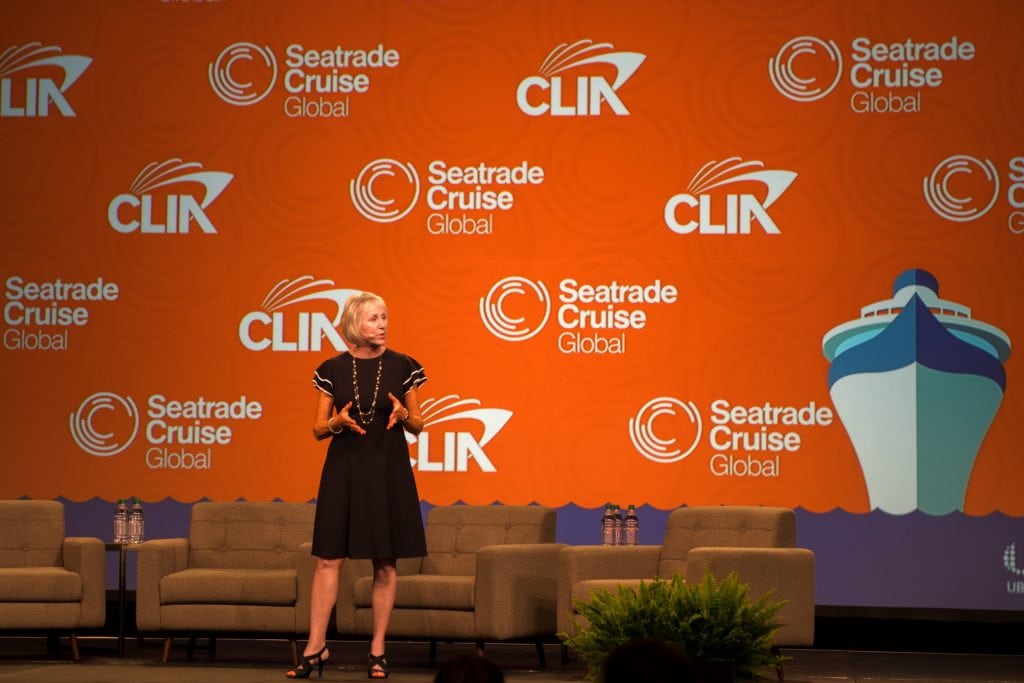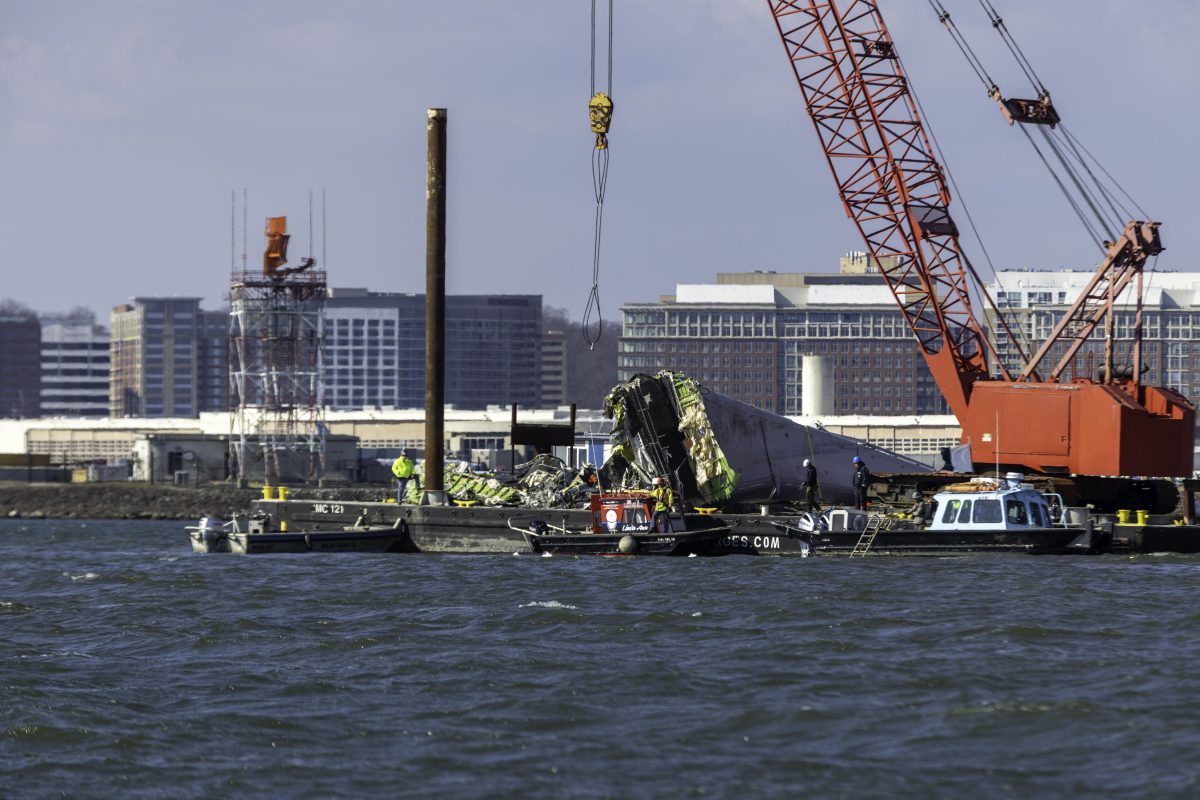Cruise Industry Trade Group Needs a New Leader Again

Skift Take
For the third time in four years, Cruise Lines International Association is in the market for a new CEO.
The Washington, D.C.-based industry group announced Thursday that its current president and CEO, Cindy D'Aoust, was leaving at the end of the year "to focus on family priorities."
D'Aoust who was named CEO in March 2016 after serving as the acting head of the association for several months. She will stay in the job until her replacement is chosen and a transition gets underway.
"CLIA has been fortunate to have Cindy at the helm for the last two years," said Carnival Corp. President and CEO Arnold Donald, the trade group's global chair. "But we respect her decision to focus on her family and wish her all the best."
D'Aoust had been CLIA's longest-serving leader since late 2014, when former CEO Christine Duffy left to become president of Carnival Cruise Line. After a search that lasted several months, the group chose former Coast Guard official Thomas Ostebo.
But within about a month of starting in July 2015, he stepped down for unexplained personal reasons.
D'Aoust, who joined CLIA as executive vice president of membership and operations
in December 2014, was named acting CEO when Ostebo resigned. The association represents cruise lines around the world, suppliers and other partners, and travel agents.
The cruise industry has seen relatively smooth sailing during D'Aoust's tenure, unlike previous years that saw a fatal shipwreck, high-profile fires, and the now-infamous "poop cruise" aboard a ship that lost power.
A couple months before her acting role turned into a permanent one, D'Aoust told Skift in an interview that one of her priorities was making sure the industry spoke with one voice on subjects ranging from safety and security to travel agent training.
Earlier this year, at annual Seatrade Cruise Global conference, she highlighted the need to make clear commitments and forge partnerships devoted to environmental issues and easing overtourism. An estimated 26.7 million people took a cruise in 2017, and that number is expected to increase to 28 million this year.
"We must all pull in the same direction; we must define a set of industry-wide commitments to environmental and destination sustainability," she said. "By setting high standards and holding ourselves accountable, the cruise industry will play a leading role in capturing the benefits and addressing the challenges of surging global travel."




